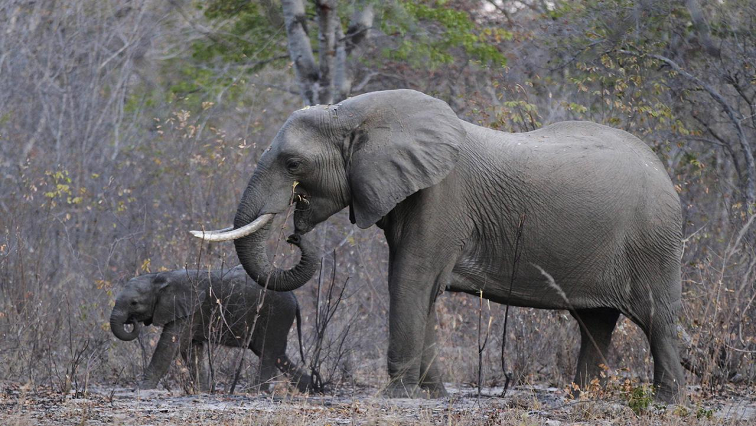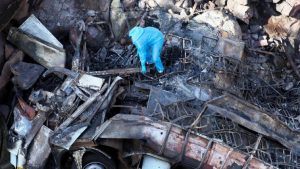SanParks has launched Project Ivory in Phalaborwa in Limpopo to combat elephant poaching in the Kruger National Park. Chief Ranger, Nicholas Funda says although elephant poaching has increased from two elephants in 2014 to 71 in 2018, they are still on top of the situation.
“It’s not like it’s getting out of control, we are handling it, but poachers never, never give up and they don’t relax. They will keep on coming up with new tactics and we are also catching up; we are always ready.”
“It becomes very much important for us to become part of this project. We need to mobilize our communities in support of these initiatives.” – MEC for the Limpopo Department of Economic Development, Environment and Tourism, Seaparo Sekoati #ProjectIvory #LiveYourWild pic.twitter.com/Tqzn1n3eTo
— Kruger National Park (@SANParksKNP) January 28, 2019
There are 19 000 elephants in the Kruger National Park. Funda says they increase with about 4% a year, which relates to 760 elephants, so the elephant population is not on the decline due to poaching.
“What we are concerned with is criminality; we cannot allow criminals to harvest or to steal from the public. That’s our mandate; we are mandated to protect that. I think elephant poaching is going to be ugly. Elephants are easy to see. And if it get out of hand it will be difficult to control. Therefore to be pro-active is critical for us.”
To support Project Ivory, the Honorary Rangers gave SanParks tracker dogs for the northern part of the park. They also sponsor the first-ever horse unit, which consists of seven horses. Derick Mashale, the regional ranger where the horses are deployed, says the horses can travel further and faster than humans.
“They are quite when they walk through the bushes and you got the height and advantage as well to be able to see. Furthermore, horses are animals and you can get closer to the game without the game reacting, but of importance is that you can cover long distances in a shorter space of time.”
A Cessna airplane was moved from Skukuza and will be stationed at Phalaborwa. The support infrastructure was donated by the Honourary Rangers. Pilot Jaco Moll says by having aircraft at Phalaborwa, it cuts their response time in half.
“What we hoping to achieve with this Phalaborwa base is to increase our capacity and our support for operations in the north of the park with the increase of elephant poaching in the north, the demand for aerial support has increased exponentially. That will also enable us to create a greater presence in the sky over northern Kruger.”
Funda says before the launch of the project, their resources were split in two between the south where rhino are being poached and the north where the elephants are poached. Most of the elephant poachers come from Mozambique. Funda also says they suspect the elephant poachers are rhino poachers who moved north.
International cricketer, Kevin Pietersen has raised R3 million towards the Forward Looking Infrared System to help with anti-poaching initiatives. #ProjectIvory #LiveYourWild @KP24 pic.twitter.com/li361BFa1n
— Kruger National Park (@SANParksKNP) January 28, 2019






